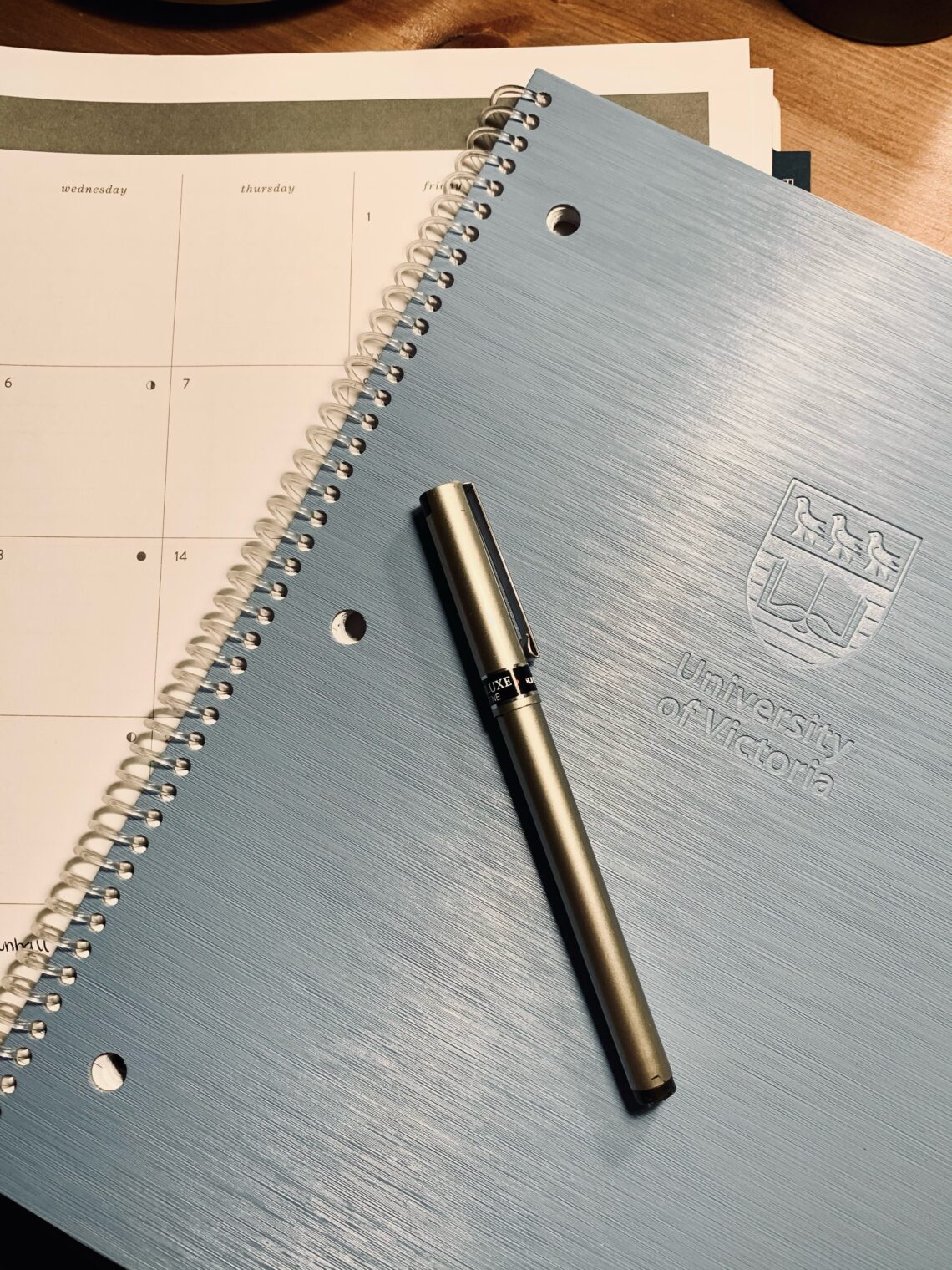The film “Most Likely to Succeed” was an eye-opening reminder of many of the issues within our education system. I was immediately struck when the film discussed how the last major reform in education was over a century ago and was based around a factory working model. My immediate thought went to “why haven’t we seen an education reform in more recent years?” but throughout the documentary I was reminded of how difficult it is for students, parents, and teachers to begin changing a system that has been so ingrained in us. Fear, anxiety, unknown – these are all words that often accompany something new, and were echoed throughout many of the discussions in this film.
I found it incredibly interesting when parents of students at High Tech High were interviewed. I think that so often we see education in terms of students and teachers and forget to include the crucial role of the parent in our discussions. The film made it apparent how difficult it was for many parents to enroll their child at a school which, due to its newness, does not have a long track record to show SAT scores, college enrollment, etc. As they discussed, parents had to make a ‘bet’ to either put their child in a school that had worked in the past, or to completely reimagine school and have faith that this system would work for their child. I think this opens up a broader conversation about fear in new schooling systems in general. I would say that most parents only want the best for their child, but right now it is a very difficult time to know what is best.
While watching the film, I began to wonder more broadly about alternative schools and how accessible they are financially. I would say that in recent years we have definitely seen a shift by many people in wanting to have their children attend schools that enhance creativity, emphasize collaboration, and are very much student-centered, but that in the majority of cases these schools are incredibly expensive. Due to this, wealthier families are again in a position of power in that they are able to give their children the access to these types of schools, further perpetuating inequality. While many would say that this has always been the case, in the sense that private and public schools have always been in existence, I would say this takes it one step further, as typically the teaching and curriculums at private and public-schools are not drastically different, rather it is just the resources available to the students that are; however, in this sense we are talking about a small group of people able to afford being educated in a totally new way that may put them at a significant advantage after high school. It makes me wonder how we can get our public schools to adopt more practices similar to that of High Tech High, so that we are giving all students a quality education.
Overall, I would say that this film shed light on many issues within our current education system, but also inspired me to reimagine how I teach my future students. I think it is important to realize that the BC Curriculum gives teachers extreme flexibility in how they teach, and to remember that we are the generation of teachers that can begin to reinvent the typical classroom experience. In our classrooms we are able to make the curriculum about more than just test prep, and instead make it about collaboration, building confidence, and having students make decisions. Through these things we will hopefully be helping to prepare our students for the new type of world they will be walking into when they finish school.
Other resources:
- Sir Ken Robinson who spoke in the film also did an amazing Ted Talk called “Do Schools Kill Creativity?” and I highly suggest giving it a watch:
- Summerhill is another fascinating example of a non-traditional schooling model. Head to their website to learn about their approach of ‘free’ schooling http://www.summerhillschool.co.uk/







robynj
January 19, 2021 — 6:25 pm
I really like that you pointed out the challenges that come with change in education because it’s a shift happening for an entire system that effects so many people.
I totally agree with you regarding the value of flexibility within the curriculum that we have in BC. I think that this will require different things from teachers, for example their role within a classroom, but will provide students with the necessary critical and creative thinking skills they will need.
That’s such a great video!
gpaulson
January 20, 2021 — 8:09 am
I’ll need to talk to you further about layout, as yours is clean and super easy to follow. I am glad you included Summerhill because that was where my mind was drifting to at times during the film. Additionally, your discussion around affordability is all too true. This is finally an option for free public education that is currently producing similar student success as expensive alternative and private schools.
erinvs
January 20, 2021 — 9:52 am
Thank you for touching on the accessibility of this type of education! My aunt and I have this conversation often. She is the executive director of an international association of independent schools. How can we promote these shifts not only in education but in society if this way of learning is only for the wealthy. I hope that as new teachers we are able to bring this into practice and move away from previous ways of knowing about what is important in learning.